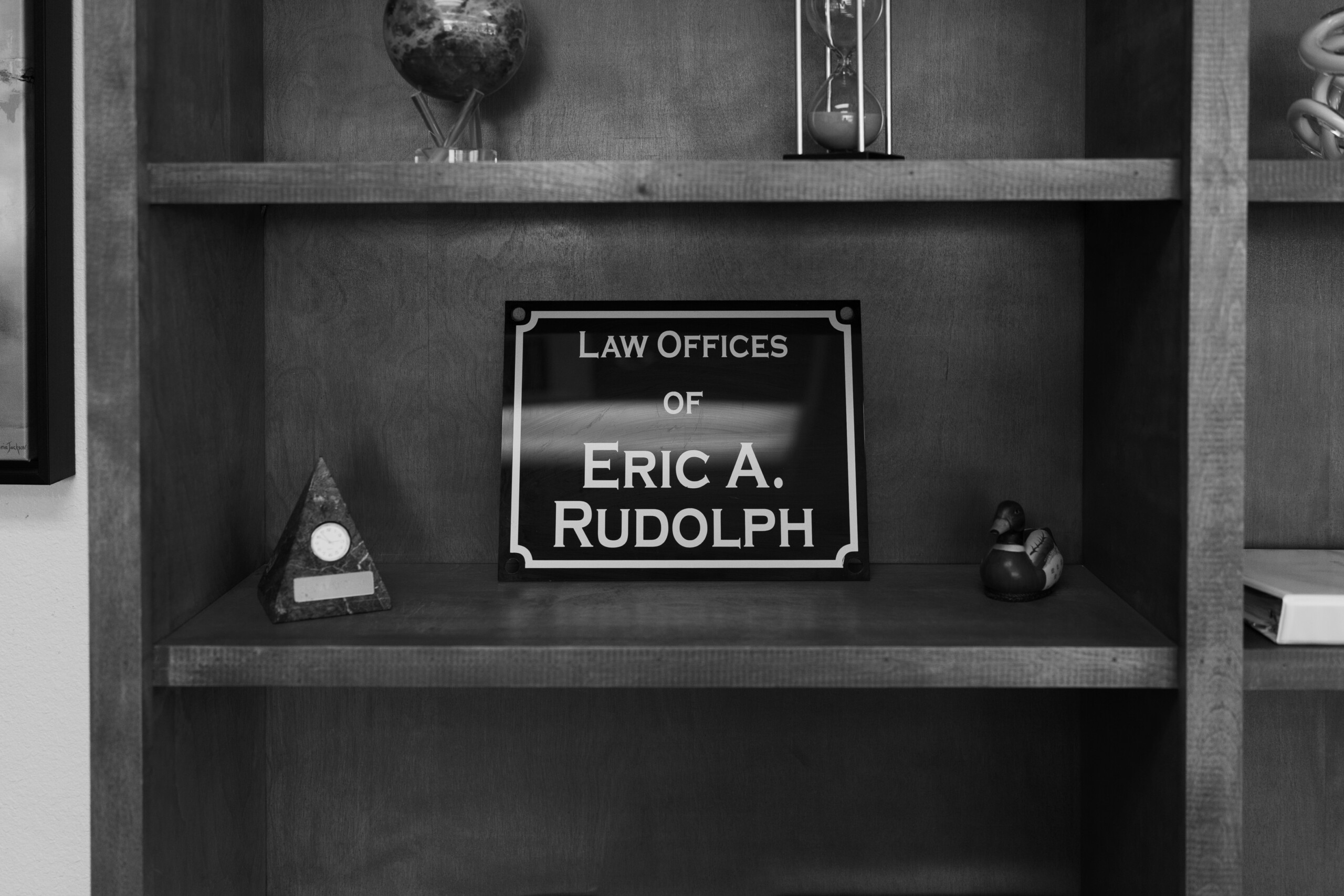A living trust is an estate planning document you can create during your lifetime. Assets are transferred to your living trust (such as your real property, bank accounts, and brokerage accounts). While you are alive, your trustee (who is usually you) will have complete control over all trust assets and can move the assets in and out of your living trust as needed.
The person who establishes a living trust is referred to as the settler. There can be more than one settlor (but usually not more than two). The person named in the trust to manage and control the trust assets is called the trustee (like an executor, but the trustee does not usually need to go to court). Typically, the settlor is also the trustee. Successor trustees are named to step into the role of trustee should the original trustee become incapacitated or pass away.
For a living trust to be effective, title to your assets must be transferred into your living trust. This is called “funding” the trust. Title to real estate, bank accounts and investment accounts owned by the settlor must be transferred into the trust. Some beneficiary designated assets (life insurance, annuities, and retirement accounts) can be changed to have the trust named as a primary or a contingent beneficiary. An experienced estate planning attorney can help you with funding your trust and help guide you with beneficiary designations.
When you pass away, your living trust will direct your successor trustee to distribute your trust assets. A properly drafted trust can avoid a lengthy and costly conservatorship proceeding by providing instructions for handling your affairs in the event you become incapacitated. Your trust document can also provide for the management of trust assets for minor children or beneficiaries with special needs if needed at the time of your in capacity or death.
The biggest benefit of having a living trust is your estate avoids probate.
You want to avoid probate! Probate fees can cost the estate tens of thousands of dollars. Probate often takes up to two years before beneficiaries receive their inheritance. The administration of a living trust costs much less than probate, usually takes about 3-6 months, and is much easier to handle.
Living trusts are also useful when planning for complicated family situations, such as blended families. Remarried couples often have children from previous marriages and want to create a trust that directs that their children receive their proper inheritance. A living trust can protect everyone in a blended family and minimize conflict between children after both spouses have passed.
When preparing a living trust, always get advice from an experienced estate planning attorney to ensure your documents meet all legal requirements and reflect your wishes accurately. We specialize in preparing living trusts and can help you!
Living Trusts Services
For more information on preparing a living trust, or updating your existing living trust, contact Estate Planning Attorney, Eric A. Rudolph, at (760) 673-7600 or schedule an estate planning consultation.







